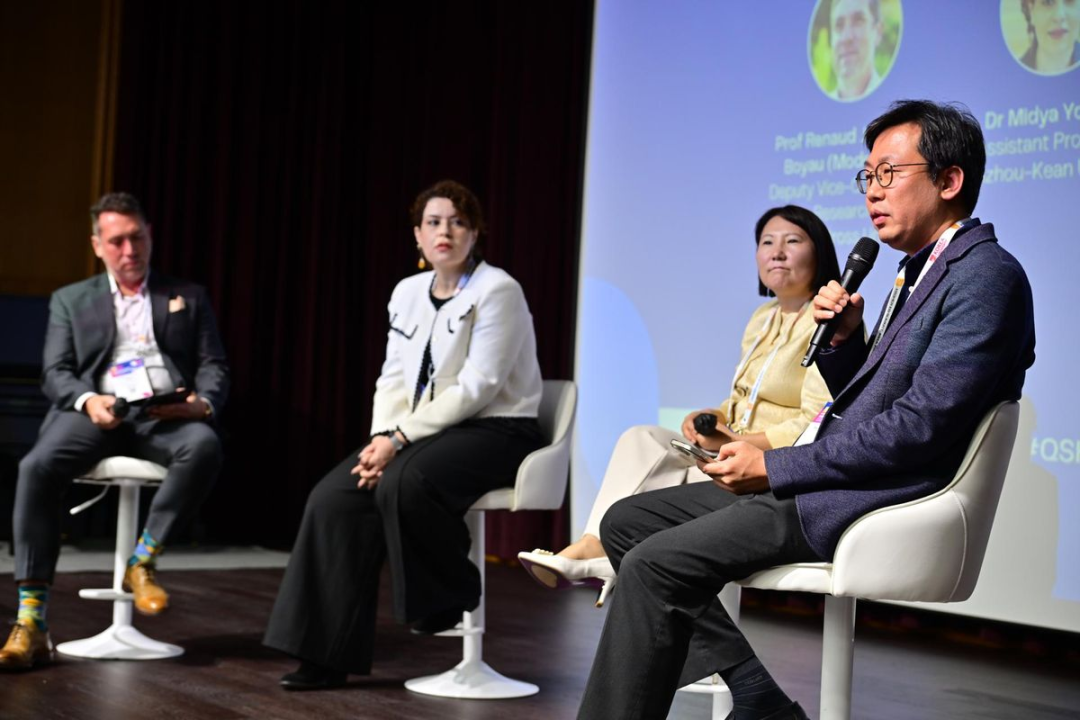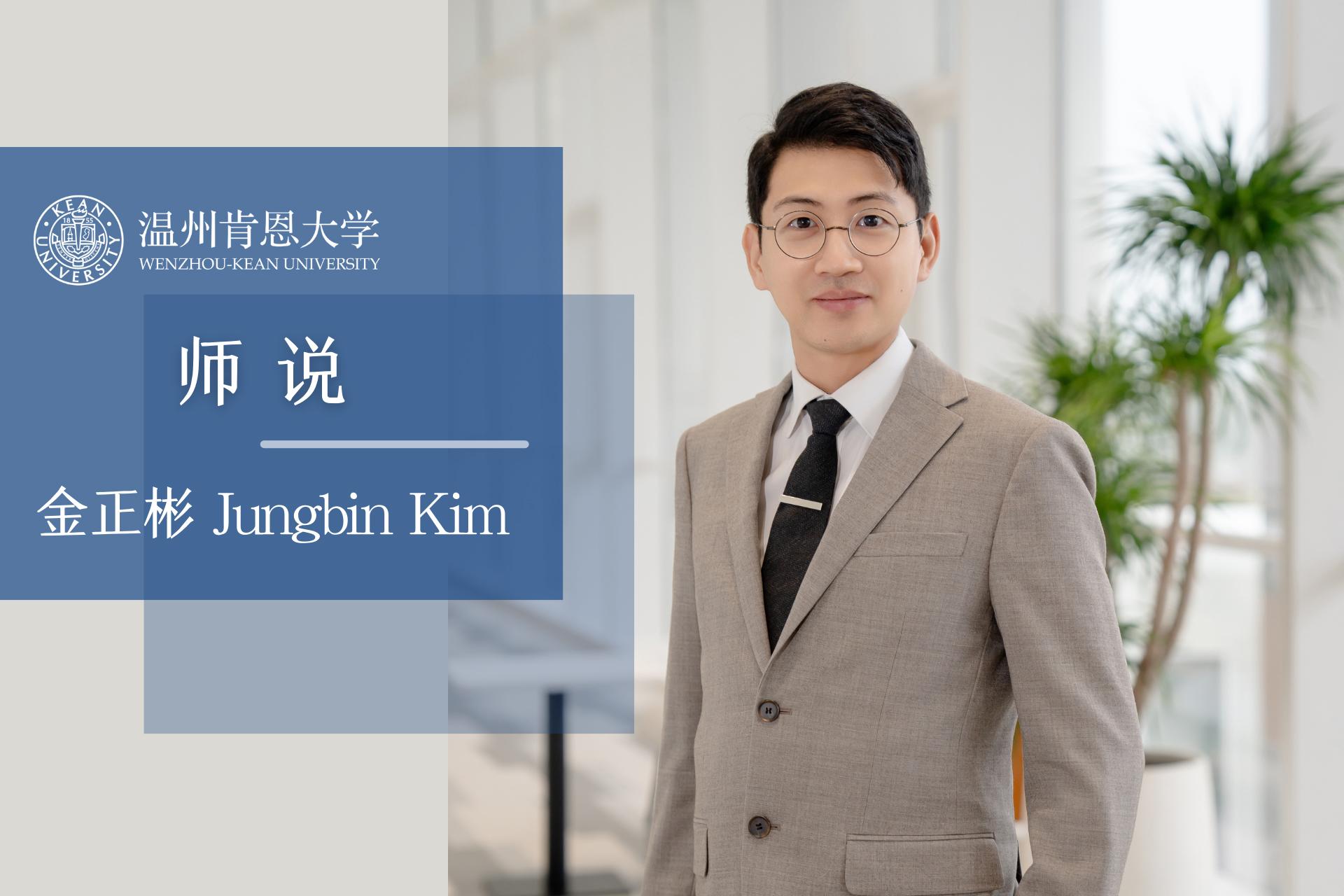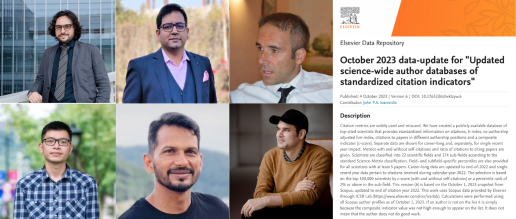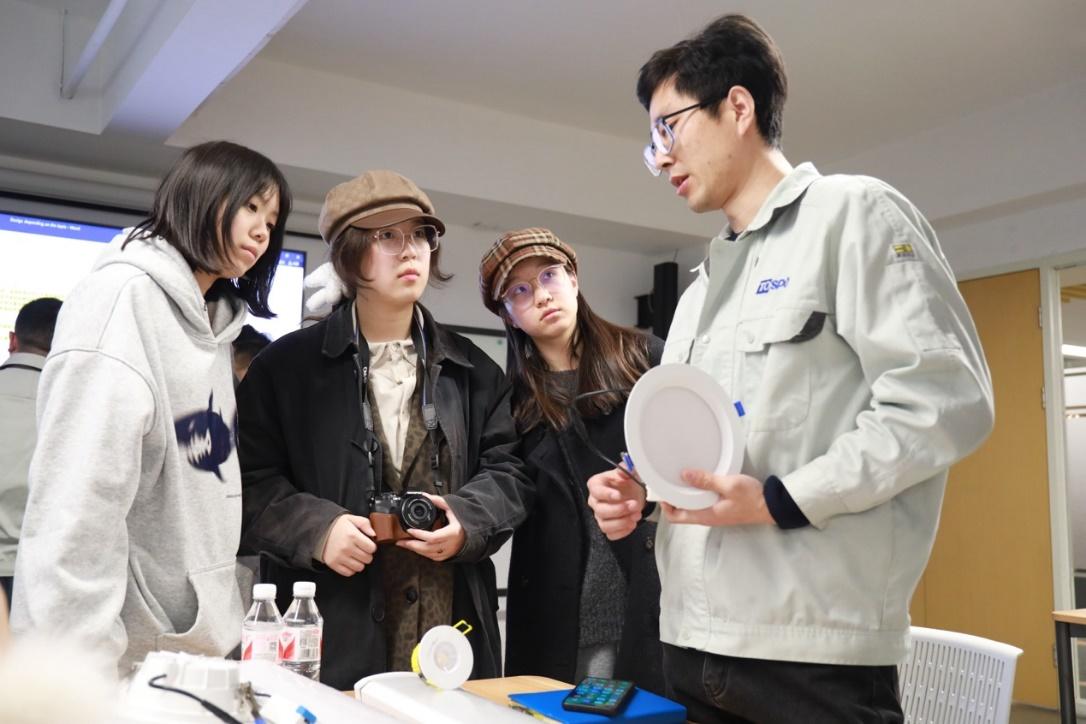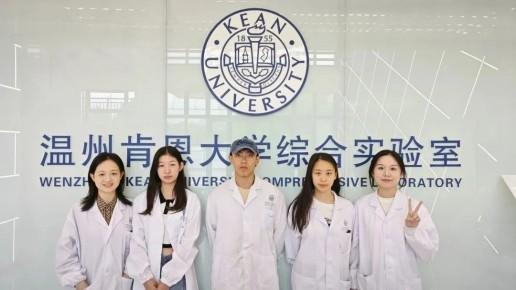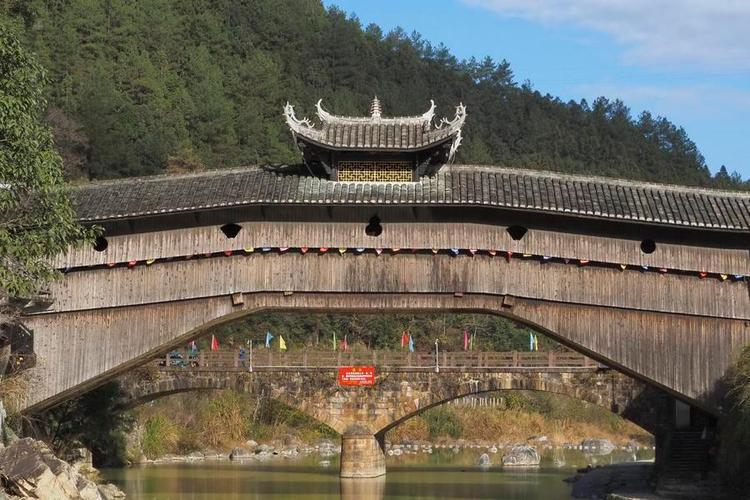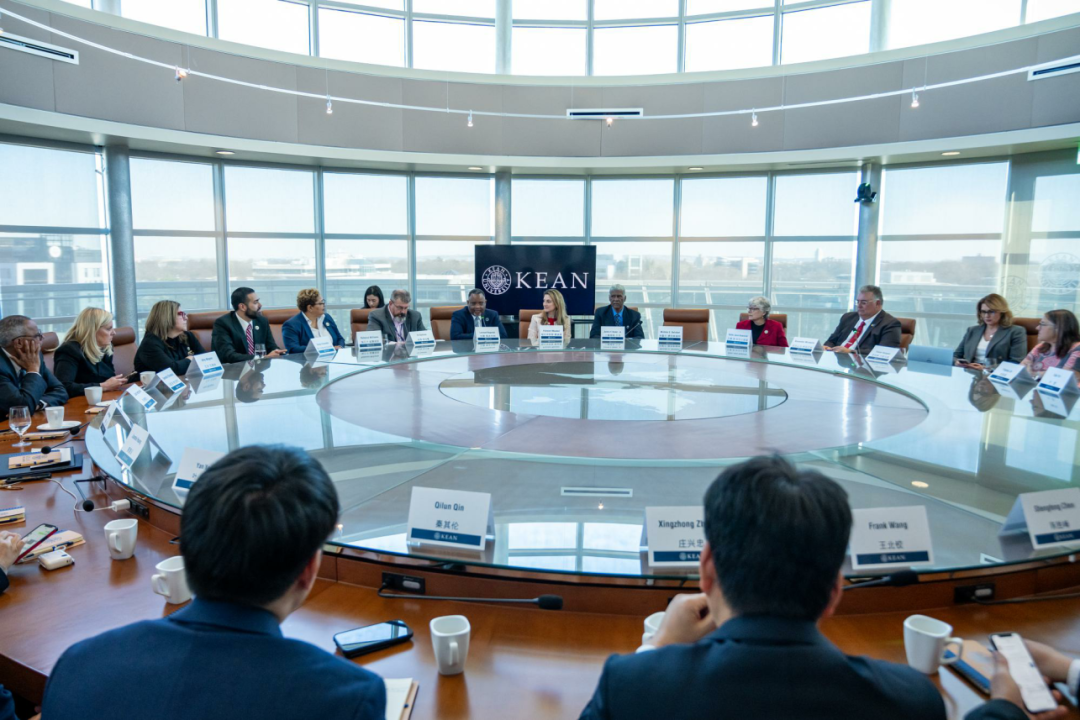

People
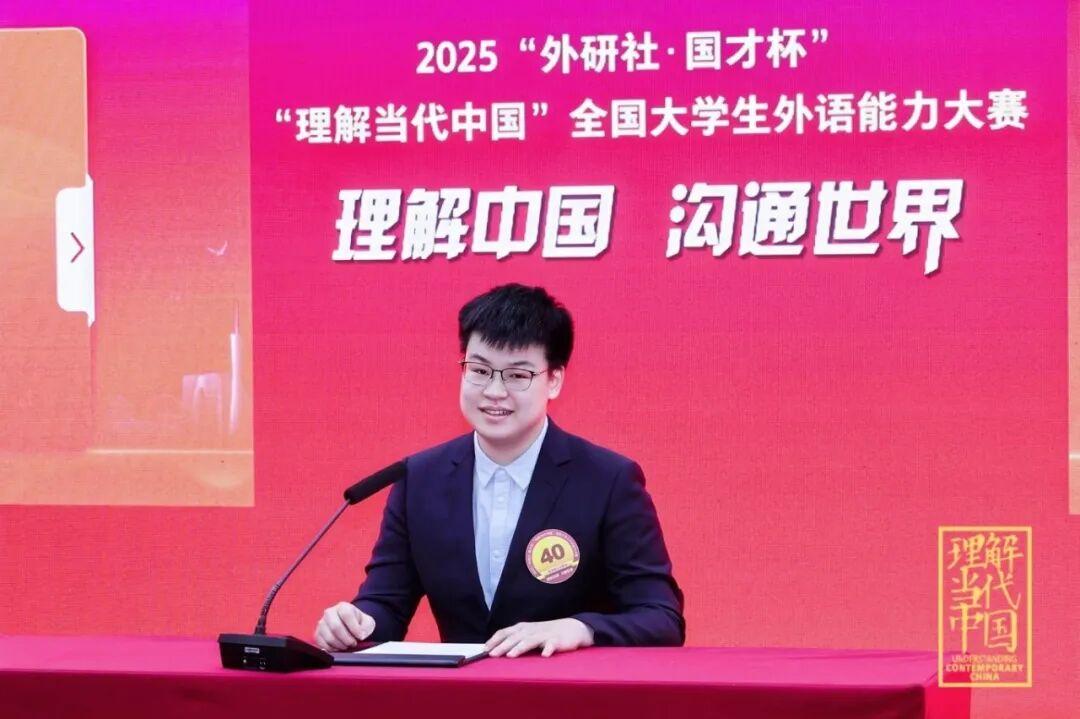
WKU Student wins first prize in a national English speech contest: What is his answer to the value of boredom?
In the age dominated by fingertip entertainment, how would you explain the value of boredom? At the grand final of the 30th “21st Century Cup” National English Speaking Competition, Wu Yichen, a senior Finance major at WKU, delivered a compelling answer. With a sharp take on a contemporary issue and fluent expression, he stood out among 200,000 competitors nationwide to win the national first prize.Three Hours Without a Phone Leads to One Key Insight“This topic felt extremely real,” Wu recalled. “Almost everyone today is inseparable from their phones.”In the finals, contestants drew topics on site and were given just 30 minutes to prepare a two-minute impromptu speech, without access to any external information.A personal experience proved crucial. As an afternoon-session contestant, Wu spent three to four hours waiting with all electronic devices confiscated. “That period of complete disconnection felt boring at first,” he said, “but it gave me a genuine understanding of what boredom means in the age of constant digital stimulation.”Drawing on prior research, Wu cited data from the China Internet Audiovisual Development Research Report, noting that people spend an average of 2.6 hours a day watching short videos. Combining data with personal experience, he argued that boredom is not meaningless, but a necessary space for deeper thinking—an idea that resonated with judges and audience alike.The grand final of the "21st Century" CupCritical Thinking Matters More Than Perfect English“21st Century Cup” is one of China’s most influential English-speaking contests since its launch in 1996. Wu was no stranger to the competition. Two years ago, he won second prize at the provincial level but failed to advance to the national stage. This year, he made the breakthrough and reached the top stage.“Fluency and correct grammar are just the basics,” Wu said. “What really matters is how you interpret the topic and whether your ideas are thoughtful and original.” In his view, language is ultimately a tool for communication. Clear thinking and meaningful content outweigh accent or stylistic perfection.Beyond competition, the event also became a space for learning and friendship. Contestants shared rooms, exchanged drafts, practiced together and offered feedback. “It felt less like a rivalry and more like growing together,” Wu said.Attending the national English competitionsGrowth Beyond the CompetitionWu’s success reflects years of preparation beyond the contest itself. WKU’s all-English environment laid a strong foundation, while training with the university’s English competition team helped sharpen his speaking skills.He also serves as an English guide at WKU’s Museum, receiving visiting delegations from both China and abroad. One memorable experience involved hosting a delegation from Kean University in the United States, where he had to adapt on the spot to schedule changes and compressed timeframes. “Those moments taught me that deep preparation is what allows you to stay calm and flexible under pressure,” he said.Receiving delegations at the WKU MuseumNow an academically outstanding student, Wu has received offers from several leading universities, including Duke University. As the graduation approaches, he is planning his next steps in graduate study.“The competition strengthened my language skills and critical thinking,” he said. “More importantly, it connected me with people who share the same passion. These experiences will stay with me for a long time.”Translator: Wenwei Xiang, Yihui Cai
2026-01-14
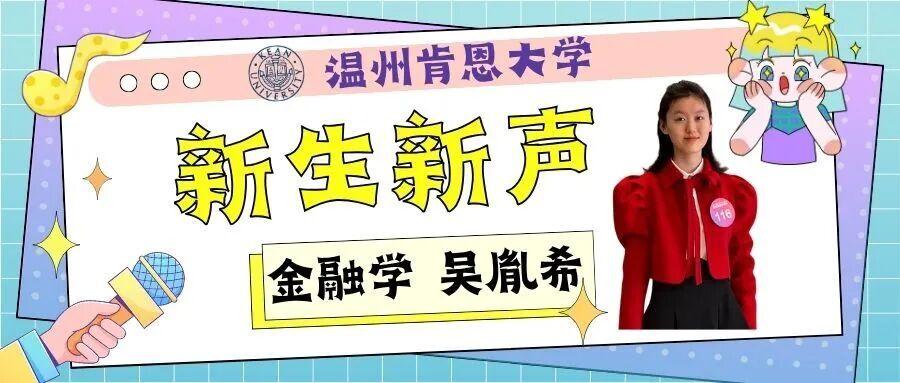
Finding Her Voice on a Global Campus: The Story of WKU Freshman Wu Yinxi
Wu Yinxi, a freshman majoring in Finance from the Class of 2025, comes from Hangzhou, Zhejiang. Her strong English skills were recognized when she advanced to the top 100 in the national finals of the 20th FLTRP Cup National Foreign Language Proficiency Competition for Middle School Students. Now, at WKU, she is embarking on a new journey toward the international stage.During high school, Wu Yinxi developed a strong interest in language expression after winning first place in the school’s host competition. The passion was further strengthened through her participation in the 20th FLTRP Cup. While preparing for the provincial round, she practiced on the sports field at six o’clock each morning and spent long evenings refining every aspect of her speech. At the national finals, her clear, confident performance earned her first prize and a top-100 national ranking.Driven by a strong interest in finance and a desire for an international education, Wu Yinxi chose WKU as the place to begin her new academic chapter. She aspires to navigate the interplay of numbers and markets, using logic and expression to convey value. "I have always been drawn to WKU’s unique Sino-American cooperative education model," she shares. The university offers an international curriculum and global perspective while allowing students to stay rooted in Chinese culture. The open and inclusive academic environment and the diverse campus community match her vision of an ideal university. In addition, the Finance program’s strong alignment with the CFA curriculum, together with resources such as the Bloomberg Finance Lab, confirmed her decision to study here.Since enrolling, Wu Yinxi has quickly immersed herself in WKU’s multicultural atmosphere. She won first prize in the university’s Freshman English Speaking Competition and received an Excellence Award in the Wenzhou division of the 16th "ICBC Cup" National College Student Financial Technology Innovation Competition. Actively involved in the English Speech and Debate Team, Finance Club, and Film Club, she continues to broaden her horizons. “The debate team sharpens my critical thinking, the Finance Club deepens my professional understanding, and the Film Club enriches my artistic perspective—this is my ideal college life,” she says.Looking ahead, Wu Yinxi has clear plans for her future: "I hope to make full use of WKU’s international platform to deepen my financial expertise while continuously improving my overall capabilities."
2026-01-09

Exploring Passion and Purpose: The story of WKU freshman Zhang Xinyi
Zhang Xinyi is a freshman from the Class of 2025 majoring in Communicationsfrom Shanghai. “Dance is my unique language to communicate with the world,” she says,her eyes brightening with a gentle yet unwavering glow when talking about her passion. This deep bondwith dance began when she was 3 years old.In third grade of primary school, her outstanding stage presence caught the attention of a talent scout, and she successfully advanced tothe second round of auditions at Banana Entertainment. When a contract offer was placed, the young Zhang Xinyimade the choice to decline: “I don’t want to turn my hobby into a standardized job, which would fade the initial excitement I felt.”In 2019, 12-year-old Zhang Xinyi embraced a brand-new challenge. Thanks to a cooperation between her school and a musical theater troupe,she stood out among many candidates and earned the opportunity to perform in the commercial production of the musicalRocks of Ages, playing the childhood version of Sherrie. She shared the stage with A-list actors such as Liu Lingfei and Zheng Yunlong.Through this experience, Zhang Xinyi gained a deep understanding of the hardships faced by musical theater performers. “They don’t earn much, yet they pour all their passion into the spotlight,” she recalled. Their dedication to what they loved deeply touched her: “In the future, I want to live for my passions too!”During high school, she began independentlycreating social media content, with some videos reaching 20,000plays and 50,000 views. Despite the growing public attention, she remained committed to her passion and original aspiration. She embraced constructive feedback, continued creating, and focused on the content itself. “While documenting my inner thoughts, if my videos can inspire audiences going through the same feelings or life stages, then they are meaningful,” she said.At WKU, the university’s diverseand inclusive environment has given her an even broader stage to pursue her passions. Late-night dance practices with the dance team, her speaking roles as part of the hosting team, and her dedicated service as Vice Minister of the Talent Department in the Music Club—all these experiences reflect her enthusiasm for expression. Choosing Communication Studies is precisely a choice driven by this passion.Translator:Jiang KexuanProofreader:Stephany Lopez
2025-12-01
Staff
